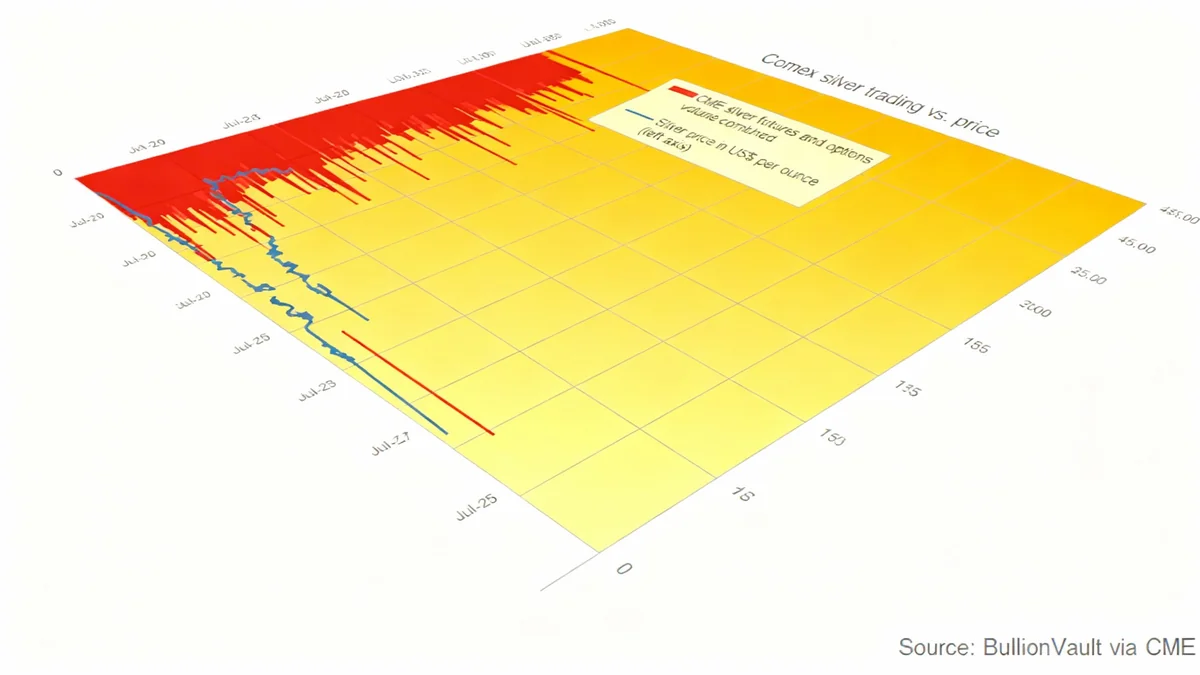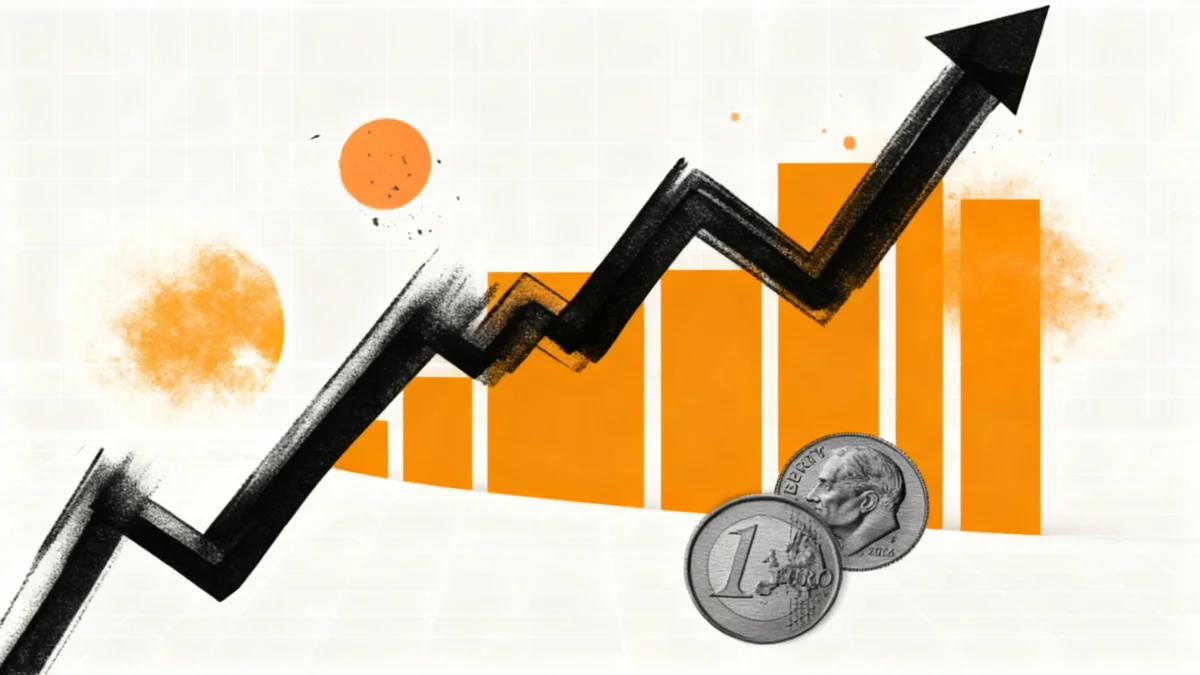Japan's Finance Minister, Katsunobu Kato, stated on Tuesday that the government is closely monitoring the foreign exchange market for volatile movements. The statement came as the Japanese yen weakened to a two-month low, falling past the significant 150 level against the U.S. dollar, amid growing concerns over the country's fiscal policy direction.
The currency's decline was largely influenced by a recent political development, which has led investors to anticipate a period of increased government spending and continued loose monetary policy. This has put downward pressure on the yen, raising concerns about its impact on inflation and consumer spending.
Key Takeaways
- Japan's Finance Minister Katsunobu Kato issued a warning about excessive currency fluctuations.
- The yen fell to a two-month low against the dollar, trading at 150.62.
- Against the euro, the yen reached a new all-time low of 176.35.
- The currency's weakness is linked to the appointment of Sanae Takaichi, an advocate of aggressive fiscal stimulus, as the ruling party's new leader.
- A weaker yen increases import costs, which can accelerate inflation and negatively affect Japanese consumers.
Government Signals Vigilance Over Currency Markets
During a regular press conference in Tokyo, Finance Minister Katsunobu Kato addressed the recent depreciation of the Japanese yen. He emphasized the importance of currency stability that aligns with underlying economic conditions.
"It's important for currencies to move in a stable manner reflecting fundamentals," Kato stated. He added that the government would be on alert for sharp and disorderly price action.
Kato's remarks signal a level of discomfort within the government regarding the yen's rapid decline. A weaker currency can have mixed effects on the Japanese economy. While it benefits exporters by making their goods cheaper for foreign buyers, it also raises the cost of imported goods, particularly energy and food, which can fuel inflation and squeeze household budgets.
The minister's comments aim to caution currency traders against pushing the yen down too quickly. "We will thoroughly monitor for excessive fluctuations and disorderly movements in the foreign exchange market," he affirmed, indicating that while no immediate intervention is planned, the option remains on the table if volatility becomes extreme.
Yen's Key Levels
- Against the U.S. Dollar: The yen touched 150.62, its weakest point since August 1.
- Against the Euro: The currency fell to 176.35, marking a new all-time low.
Political Leadership Change Sparks Market Reaction
The primary catalyst for the yen's recent slide was a political shift within Japan's ruling party. On Saturday, the party selected Sanae Takaichi as its new leader, positioning her to become the country's next prime minister.
Takaichi is a well-known proponent of the economic policies championed by the late Prime Minister Shinzo Abe, often referred to as "Abenomics." This strategy relies on three main pillars: aggressive monetary easing, flexible fiscal policy (increased government spending), and structural reforms.
What is Abenomics?
Abenomics is an economic policy framework aimed at reviving Japan's stagnant economy. Its core components include large-scale government spending to stimulate demand and an ultra-loose monetary policy from the Bank of Japan to combat deflation. The appointment of a leader who favors this approach signals to markets that significant fiscal stimulus is likely, which can lead to a weaker national currency.
Following Takaichi's appointment, currency markets quickly adjusted their expectations. Traders began pricing in a higher probability of substantial new fiscal stimulus packages. At the same time, they reduced their bets that the Bank of Japan (BOJ) would consider raising interest rates at its upcoming policy meeting. This combination of expected government spending and continued low interest rates makes the yen less attractive to foreign investors, causing its value to fall.
Economic Implications of a Depreciating Yen
The weakening yen presents a significant challenge for Japanese policymakers. The country is heavily reliant on imports for energy, raw materials, and food. A decline in the yen's value directly increases the cost of these essential goods.
This rise in import costs is a major driver of inflation. As companies pay more for materials, they often pass these higher costs on to consumers through increased prices for final goods and services. This weighs on household purchasing power and can dampen overall consumption, which is a critical component of Japan's GDP.
According to analysts, the government is in a difficult position. While a weak yen supports the large export sector, including major automakers and electronics manufacturers, the negative impact on domestic consumption and inflation is a growing concern. The government must balance the needs of its export-driven industries with the financial well-being of its citizens.
A Shift in Official Tone
Interestingly, observers have noted a more measured tone in Kato's latest comments compared to earlier this year. Previously, when the yen faced similar pressure, officials used stronger language, stating they were "alarmed over currency moves" and vowing to "take appropriate action against excessive moves."
The current, more cautious language might suggest a few possibilities. Policymakers could be acknowledging that the yen's weakness is driven by fundamental policy expectations rather than pure speculation. Alternatively, they may be less willing to intervene directly in the market unless the currency's movements become significantly more erratic and disorderly. This subtle shift in rhetoric is being closely watched by market participants for clues about the government's future actions.
As the new political leadership prepares to take office, the focus will remain on the interplay between fiscal policy, monetary strategy, and the yen's performance in the global currency market. The government's ability to manage these interconnected forces will be crucial for Japan's economic stability in the coming months.





